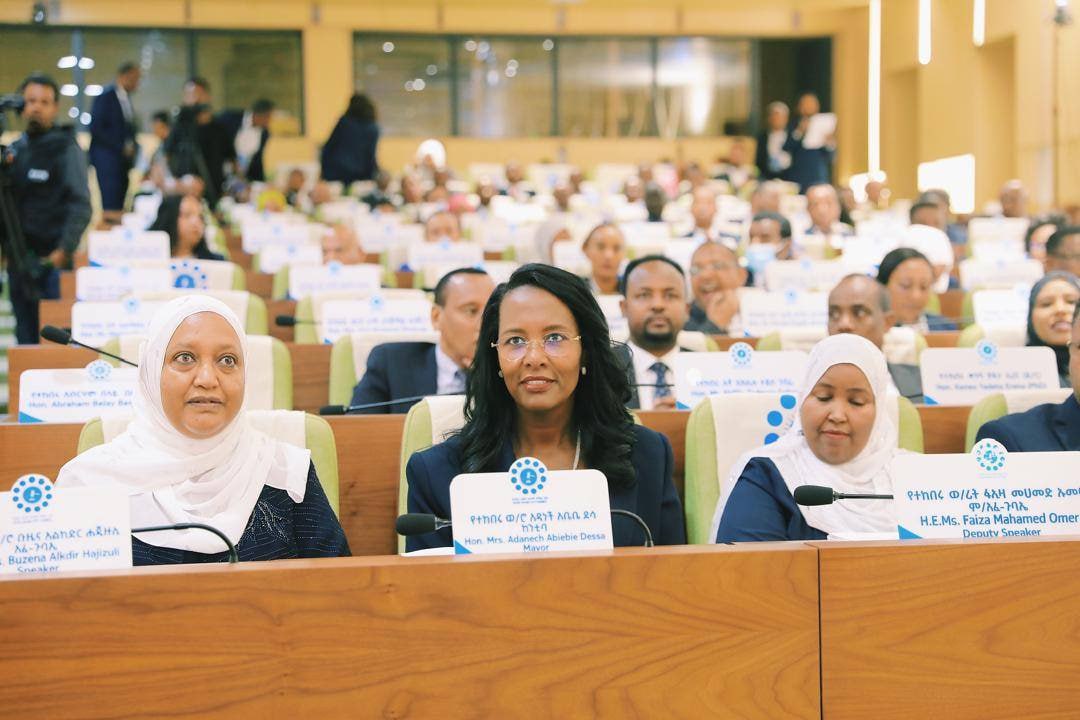Transformative Impact of the Corridor Development Initiative on Addis Ababa
The Corridor Development initiative has significantly contributed to improving the quality of life in Addis Ababa, making the city more livable for residents and more attractive to tourists. This was highlighted by Mayor Adanech Abiebie during her presentation of the 2017 Ethiopian budget year performance report at the Addis Ababa City Council meeting.
Implementation of the Second Phase
The mayor emphasized the efficient and well-coordinated execution of the Second Phase of the Corridor Development program. Lessons from the first phase were effectively integrated into the planning and implementation processes, ensuring better outcomes. Community participation was a key focus, with efforts made to achieve consensus and a shared vision among stakeholders.
Upgrading Informal Settlements
One of the most notable aspects of the initiative is its transformative impact on informal settlements. The project has delivered dignified housing, workspaces, green areas, children’s playgrounds, and essential social infrastructure such as schools and health centers. These improvements have not only enhanced living conditions but also promoted a sense of community and belonging.
Infrastructure Developments
The second phase of the project has resulted in substantial infrastructure developments. This includes the construction of 135 kilometers of roads, 246 kilometers of pedestrian walkways, 141 kilometers of bicycle lanes, jogging tracks, and 53 bridges for both vehicles and pedestrians. Additionally, critical flood control measures and support infrastructure have been incorporated into the design.
Modernizing Urban Transport
Efforts to modernize urban transport have included the construction of parking lots and terminals with a combined capacity for up to 35,000 vehicles. These facilities aim to reduce traffic congestion and improve the overall commuting experience for residents and visitors alike.
Electrical Infrastructure Upgrades
The electrical infrastructure has also seen significant upgrades. Standard and smart poles have been installed, along with the laying of underground power lines. These improvements contribute to a more reliable and efficient energy supply for the city.
Expansion of Public Amenities
Public amenities have experienced substantial growth. The development of 431 hectares of green space, 110 public recreational plazas, and 112 modern roadside public toilets reflects the city’s commitment to enhancing public spaces and promoting environmental sustainability.
Broader Urban Strategy
Mayor Adanech emphasized that these improvements are part of a broader urban strategy aimed at enhancing Addis Ababa’s quality of life and increasing its global competitiveness. She proudly announced that Addis Ababa had been ranked first in urban transformation among 115 cities in a global Smart City competition. The city also won the Africa Smart City Award, further highlighting its achievements.
Inclusive Development
The mayor stressed that the development has been inclusive, benefiting all segments of society and ensuring that no one is left behind. The Corridor Development initiative has reshaped the city’s image, boosted competitiveness, fostered a culture of innovation and collaboration, and improved project implementation efficiency.
Economic and Environmental Benefits
In addition to these benefits, the initiative has created employment opportunities for hundreds of thousands of residents. It has also significantly enhanced the city’s beauty, cleanliness, and environmental sustainability, contributing positively to the country’s image on the global stage.







